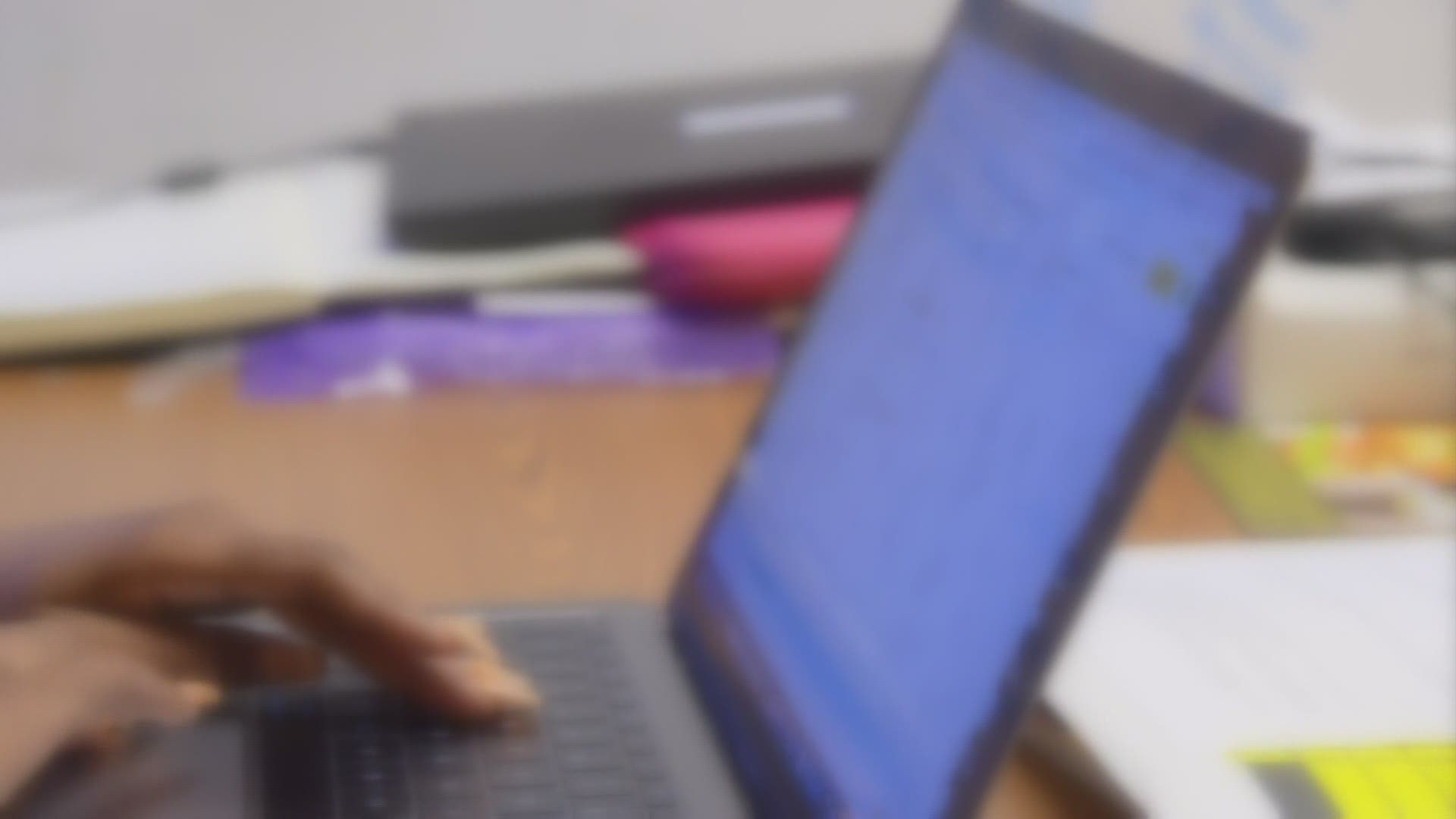MAINE, USA — Dr. Julie DellaMattera is an early childhood education professor at the University of Maine specializing in kindergarten through third grade. She said she's been hearing that teachers are having a hard time with remote learning, especially with kids in that age group "to find ways to connect with them because they are not readers. they're not people who can sit for long periods of time," she said.
Not only that, but students are having a hard time spending all day in front of a screen. DellaMattera added that's because when young kids are physically in school they get to go to different stations where activities are set up so they don't have to focus on just one activity for a full, six-hour day.
"The teacher would never do a whole group activity all day," she said.
Then there's the issue of retention. How much of what kids learned last school year do they remember?
DellaMattera, a former first-grade teacher before becoming a college professor, said in years past, teachers typically spend the first month of every school year reviewing the previous year's material. Last year, though, students finished the school year remotely.
"Instead of seeing kids that are sort of back a month from where they left off at the end of a grade, they're two and three months behind," she said.
Grace Leavitt, the president of the Maine Education Association, said students falling behind isn't the main concern of the association.
"We're concerned about keeping things moving forward," she said. "And trying to make sure that this stays doable."
Leavitt added that at the beginning of each school year teachers "learn where the students are and they're all at different places and they move along at different rates."
DellaMattera said there are specific benchmarks students typically meet at about the same time.
"First grade is usually the window of opportunity for reading," she said.
She tells an anecdote about her granddaughter who is in first grade.
"In first grade, it's really common for kiddos to not learn to read until like after Christmas but you can sort of see them getting ready for it like oh they're close, they're close you can almost feel it and she's not close. And she's very bright and they're oh this is very strange and I'm like yeah she missed the entire end of kindergarten," Dellamattera said of her granddaughter.
For now, remote and hybrid learning is a reality for most Maine students and the Maine Education Association is urging everyone to, "be patient and kind to one another and know that everyone is doing their absolute best," Leavitt said.

